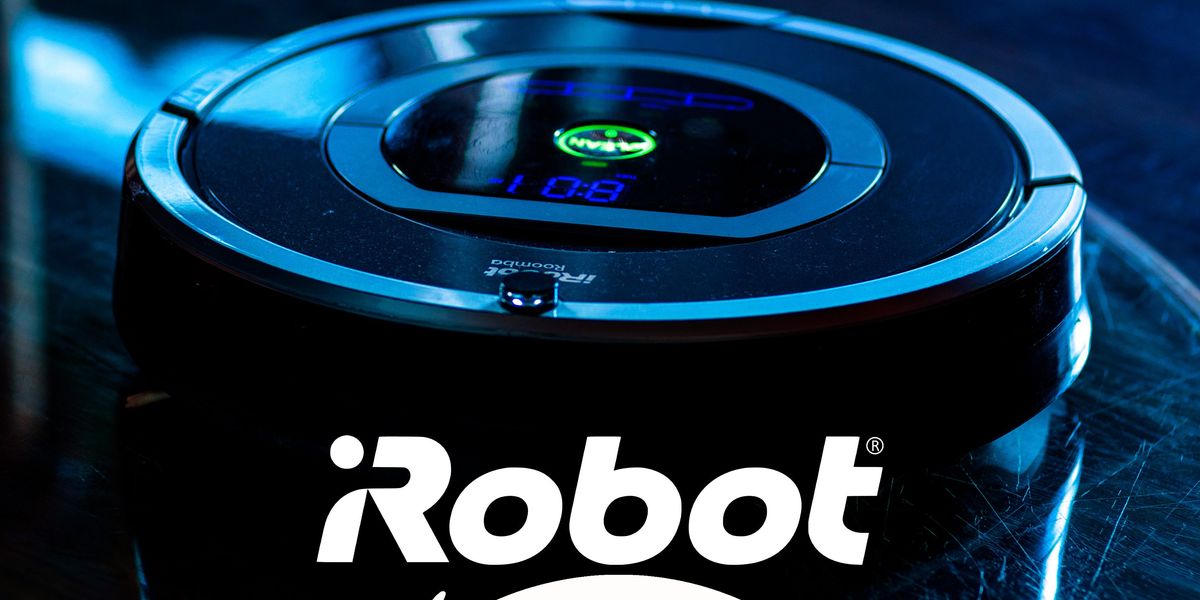

Citing “no path to regulatory approval in the European Union,” Amazon and iRobot have announced the termination of an acquisition deal first announced in August of 2022 that would have made iRobot a part of Amazon and valued the robotics company at US $1.4 billion.
The European Commission released a statement today that explained some of its concerns, which to be fair, seem like reasonable things to be concerned about:
Our in-depth investigation preliminarily showed that the acquisition of iRobot would have enabled Amazon to foreclose iRobot’s rivals by restricting or degrading access to the Amazon Stores.… We also preliminarily found that Amazon would have had the incentive to foreclose iRobot’s rivals because it would have been economically profitable to do so. All such foreclosure strategies could have restricted competition in the market for robot vacuum cleaners, leading to higher prices, lower quality, and less innovation for consumers.
Amazon, for its part, characterizes this as “undue and disproportionate regulatory hurdles.” Whoever you believe is correct, the protracted strangulation of this acquisition deal has not been great for iRobot, and its termination is potentially disastrous—Amazon will have to pay iRobot a $94 million termination fee, which is basically nothing for it, and meanwhile iRobot is already laying off 350 people, or 31 percent of its head count.
From one of iRobot’s press releases:
“iRobot is an innovation pioneer with a clear vision to make consumer robots a reality,” said Colin Angle, Founder of iRobot. “The termination of the agreement with Amazon is disappointing, but iRobot now turns toward the future with a focus and commitment to continue building thoughtful robots and intelligent home innovations that make life better, and that our customers around the world love.”
The reason that I don’t feel much better after reading that statement is that Colin Angle has already stepped down as chairman and CEO of iRobot. Angle was one of the founders of iRobot (along with Rod Brooks and Helen Greiner) and has stuck with the company for its entire 30+ year existence, until just now. So, that’s not great. Also, I’m honestly not sure how iRobot is going to create much in the way of home innovations since the press release states that the company is “pausing all work related to non-floor care innovations, including air purification, robotic lawn mowing and education,” while also “reducing R&D expense by approximately $20 million year-over-year.”
iRobot’s lawn mower has been paused for a while now, so it’s not a huge surprise that nothing will move forward there, but a pause on the education robots like Create and Root is a real blow to the robotics community. And even if iRobot is focusing on floor-care innovations, I’m not sure how much innovation will be possible with a slashed R&D budget amidst huge layoffs.
Sigh.
On LinkedIn, Colin Angle wrote a little bit about what he called “the magic of iRobot”:
iRobot built the first micro rovers and changed space exploration forever. iRobot built the first practical robots that left the research lab and went on combat missions to defuse bombs, saving 1000’s of lives. iRobot’s robots crucially enabled the cold shutdown of the reactors at Fukushima, found the underwater pools of oil in the aftermath of the deep horizon oil rig disaster in the Gulf of Mexico. And pioneered an industry with Roomba, fulfilling the unfulfilled promise of over 50 years for practical robots in the home.
Why?
As I think about all the events surrounding those actions, there is a common thread. We believed we could. And we decided to try with a spirit of pragmatic optimism. Building robots means knowing failure. It does not treat blind hope kindly. Robots are too complex. Robots are too expensive. Robots are too challenging for hope alone to have the slightest chance of success. But combining the belief that a problem can be solved with a commitment to the work to solve it enabled us to change the world.
And that’s what I personally find so worrying about all of this. iRobot has a treasured history of innovation which is full of successes and failures and really weird stuff, and it’s hard to see how that will be able to effectively continue. Here are a couple of my favorite weird iRobot things, including a PackBot that flies (for a little bit) and a morphing blobular robot:
I suppose it’s worth pointing out that the weirdest stuff (like in the videos above) is all over a decade old, and you can reasonably ask whether iRobot was that kind of company anymore even before this whole Amazon thing happened. The answer is probably not, since the company has chosen to focus almost exclusively on floor-care robots. But even there we’ve seen consistent innovation in hardware and software that pretty much every floor-care robot company seems to then pick up on about a year later. This is not to say that other floor-care robots can’t innovate, but it’s undeniable that iRobot has been a driving force behind that industry. Will that continue? I really hope so.
Reference: https://ift.tt/meipnA7
No comments:
Post a Comment